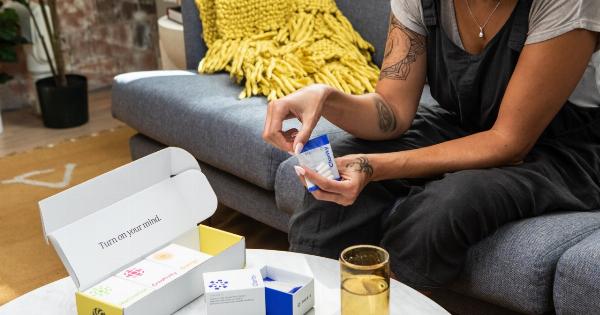Bisphenol-A or BPA is a chemical used in making plastic materials to harden them. It is commonly found in plastic containers, water bottles, and canned foods.
Studies have linked BPA to various health problems, including diabetes, obesity, infertility, and cancer. As a result, many manufacturers started producing BPA-free products. But are these products really safe? Let’s find out.
What is BPA?
BPA is an industrial chemical that has been used since the 1960s to make certain plastics and resins. It is commonly found in polycarbonate plastics, which are used in food and drink containers, including water bottles and baby bottles.
BPA is also present in the epoxy resins used to line food and beverage cans, as well as thermal paper receipts.
Why is BPA harmful?
BPA is classified as an endocrine disruptor, which means that it can interfere with the body’s hormones and cause various health problems. BPA can mimic estrogen, a female hormone, and fool the body into thinking it is real estrogen.
This can lead to hormonal imbalances, especially in babies, young children, and pregnant women. Studies have linked BPA to the following health problems:.
- Diabetes
- Obesity
- Cancer
- Infertility
- Heart disease
- Behavioral problems in children
What are BPA-free products?
BPA-free products are made with materials that do not contain bisphenol-A. These materials include glass, stainless steel, and certain types of plastics that are considered safer than polycarbonate plastics.
BPA-free products are often marketed as safe and healthy alternatives to regular plastic products.
Are BPA-free products safe?
BPA-free products are generally considered safer than products that contain BPA. However, they may still contain other chemicals that can be harmful to human health.
For example, some BPA-free products are made with bisphenol-S (BPS) or bisphenol-F (BPF), which are similar to BPA and can also disrupt the body’s hormones.
Moreover, the safety of BPA-free products depends on how they are used.
For example, many BPA-free plastic containers are not recommended for use in the microwave or dishwasher, as they can break down and release harmful chemicals when exposed to heat or hot liquids.
How to choose safe products?
If you want to avoid BPA and other harmful chemicals in your products, here are some tips:.
- Choose products made of glass, stainless steel, or ceramic instead of plastic.
- Look for BPA-free products that are labeled as such.
- Avoid using plastic containers in the microwave or dishwasher.
- Do not use scratched or cracked plastic containers, as they can release harmful chemicals.
- Choose fresh food over canned food, as canned food often contains BPA in its lining.
- Request paper receipts instead of thermal paper receipts, which often contain BPA.
Conclusion
BPA is a harmful chemical that has been linked to various health problems. While BPA-free products are generally considered safer than products that contain BPA, they may still contain other chemicals that can be harmful to human health.
To choose safe products, it is best to opt for materials like glass or stainless steel and avoid plastic containers when possible.






























